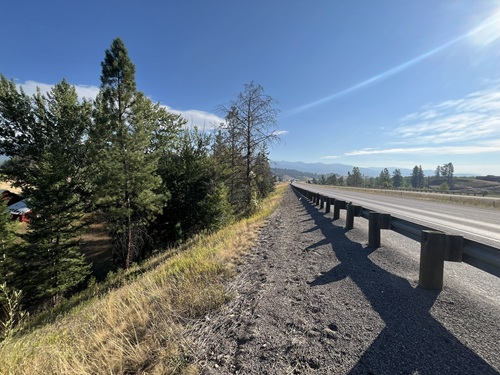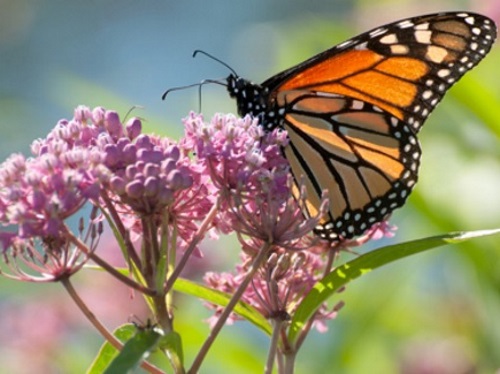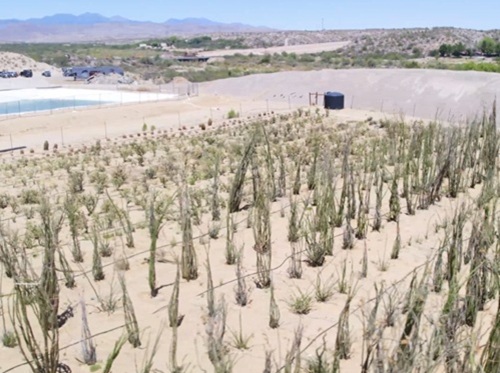The Tennessee Department of Transportation, along with the Tennessee Department of Environment & Conservation (TDEC) and Tennessee Department of Agriculture (TDA), jointly promoted “pollinator health and awareness” in state parks during National Pollinator Week June 21-25.
[Above photo of Monarch Butterfly via Wikimedia Commons]
The three agencies formed a partnership in 2019 to support 64 acres of “pollinator meadows” at eight state parks. Each blooming meadow contains a mix of nectar-bearing plants and milkweed, which sustain pollinators such as bees, moths, butterflies, birds, and small mammals such as bats.
The meadows also assist with TDEC’s Honey Project, which allows the public to purchase honey harvested annually within each park.
“We are excited about this partnership,” explained Clay Bright, Tennessee DOT’s commissioner, in a statement. “This effort is an excellent way to educate the public about the threats to pollinators and a valuable part of our Pollinator Habitat Programming.”
On a national basis, the American Association of State Highway and Transportation Officials sent a two-page letter to the U.S. Department of the Interior in March 2020 supporting “expedited approval” of the voluntary national Candidate Conservation Agreement with Assurances or CCAA to further encourage the creation of pollinator habitats in highway rights-of-way.
In December 2020, the Transportation Research Board highlighted a bevy of resources available to state departments of transportation to support monarch butterfly habitat and migration support efforts.
To that end, a new report from the TRB’s National Cooperative Highway Research Program – Evaluating the Suitability of Roadway Corridors for Use by Monarch Butterflies – provides guidance for roadside managers to determine the potential of their roadway corridors as habitat for monarch butterflies. The report also includes several tools and decision-support mechanisms to optimize habitat potential in a manner that is compatible with the continued operation and maintenance of the roadside.
 Wildlife and Ecosystems
Wildlife and Ecosystems



